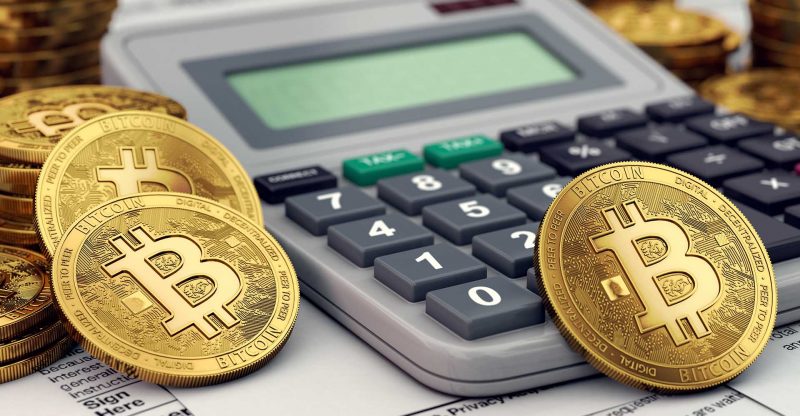Bitcoin Investors To Be Affected By Tax Blitz
Bitcoin investors evading tax are in for a surprise as they will have to deal with the tax office which announced that the anti-money laundering regulation which is to come into effect next month will be used to track down tax-dodging cryptocurrency users.
According to the regulation, the ATO utilize mandatory 100-point identification checks for Bitcoin users as its new measures giving it access to the once indistinct crypto world.
ATO deputy commissioner Will Day noted that this new regulation will be used to track down cryptocurrency tax defaulters.
The increase of the ATO’s efforts to control bitcoin is in line with the international trend to tackle bitcoin tax evaders which are dominant in the US.
As Bitcoin and other cryptocurrencies have come up a channel for users to avoid tax, the ATO is making all efforts to solve the issue.
As several lawmakers globally began to ban cryptocurrencies in addition to other control measures, bitcoin prices have been on the downside. Bitcoin prices are now settled around $10,600 after hitting around $20,000 in mid-December.
The opaque world of cryptocurrencies is going away and with these forthcoming regulations, buyers should not rely on the fact that they can remain in the shadow for long or they won’t face tax charges.
Commissioner Chris Jordan’s international powers as chief of the OECD’s global anti-tax-avoidance task force will be used by the ATO to investigate and regulate the flow of cryptocurrencies between countries and assess whether these flows have any tax implications.
Under the new anti-money laundering rules, Austrac, Australia’s financial intelligence agency, will have its data powers extended to cryptocurrency exchanges, particularly cryptocurrency markets, in a bid for greater transparency to prevent money laundering, terrorist financing, and tax evasion. Apart from new customer identification obligations, these exchanges will now also be required under law to report any suspicious transactions, as well as any cash transactions of $10,000 or more.





